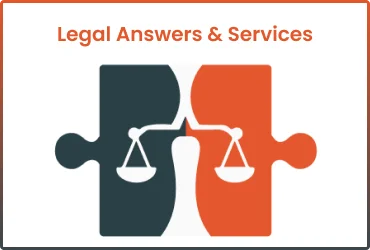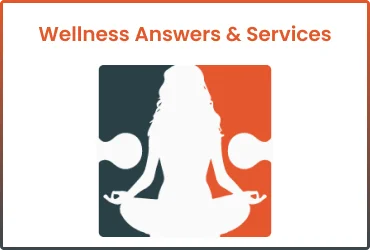Fault Or No-Fault Divorce
In almost all states, spouses can file a no-fault or fault-based divorce. In addition, both types of divorce can be contested or uncontested. What does this mean?
Mostly, it means that before you file for divorce, you should carefully consider whether you want to take an aggressive and uncooperative approach to your divorce or one that is less expensive, quicker, and less emotionally damaging to your life and those of your children.
This article provides a basic understanding of the differences between an uncontested divorce and a contested one. We will also cover the difference between a no-fault divorce and a fault-based one.
Divorce Is Either Contested Or Uncontested
The divorce process is an emotionally and financially draining process even when the parties agree to a divorce and the major divorce-related issues that must be resolved. Issues such as dividing child custody, dividing marital property, and payment of spousal support.
However, the process can become counterproductive and mutually destructive when the divorcing parties refuse to resolve their differences and demand that the issues be fully litigated.
Uncontested Divorce
While divorce is a life-changing process, this doesn’t have to mean the parties can’t commit to resolving their differences in a mature and responsible manner. If not for themselves, then for their children.
An uncontested divorce occurs when both divorcing spouses agree on the significant terms of the divorce, such as the amount of child support.
An uncontested divorce is emotionally less draining, complicated, and less expensive. It can be accomplished in most states by filing a joint divorce petition.
Uncontested divorces are generally not appealable, but specific issues may be modified through the family court process.
Mediation can be an easier and mutually beneficial path for spouses committed to resolving their differences in a civil and respectful way. One reason for favoring mediation is that spouses have control over the process, which usually means a quicker and less expensive way to resolve their differences.
Contested Divorce
A contested divorce is the most complicated because the divorcing parties cannot agree on the major issues and insist that the divorce court judge fully adjudicate most, if not all, of them.
The contested divorce is often emotionally damaging during and after the divorce. to both the parties and the children.
In contested divorces, the judge is ultimately responsible for deciding on issues such as property division, child custody, visitation, and spousal support.
The Major Issues To Be Resolved
Divorce is the legal dissolution of the marriage which establishes each of the following spouse’s rights, including:
- Which spouse will receive legal custody of the children
- Which spouse will receive physical custody of the children
- Which spouse will be entitled to remain in the family home
- Which spouse will have visitation rights and their terms
- Which spouse will receive what percentage of the property
- Which spouse will receive marital support and how much
- Which spouse will be paying the bulk of the child support
With so many issues to resolve, most divorcing couples prefer not to add to the chaos and choose to have a no-fault divorce.
We will now cover the major difference between no-fault and fault-based divorces.
No-Fault Divorce
When you file for a “no-fault” divorce, you need not prove that your spouse did anything wrong, was sentenced to prison, or deserted the family. All you have to assert is that the marriage is no longer working. Or, as most no-fault states define it, there are irreconcilable differences between the parties.
Irreconcilable Differences
Irreconcilable differences mean the spouses choose to end the marriage without engaging in the blame game of wrongdoing, especially if the partners want to protect the children from the emotional turmoil a contentious divorce can cause.
Divorce Based On Fault
To obtain a divorce based on fault, the spouse seeking the divorce must prove physical or mental cruelty, abandonment, or whatever other grounds for divorce your state requires.
These cases can get ugly very quickly, and lawyers rarely recommend them. The judge almost always disfavors them.
Fault In A No-Fault State
Even if you are in a “no-fault state,” a spouse still has the option to allege fault as the legal basis of the divorce. Under these circumstances, some states allow judges to consider abusive and deceitful behavior of the parties when the court rules on issues involving the distribution of marital property and spousal support.
If you want the judge to do this in your divorce case, you should include this in the petition and include evidence for the court to consider. But you should know that putting these allegations in public documents might make the divorce much more contentious than it needs to be.
The Quasi No-Fault State
In quasi-no-fault jurisdictions, one spouse will sometimes refuse to end the marriage and oppose the divorce at all costs, even if it means taking a scorched-earth approach to end their marriage.
The courts in these jurisdictions do not favor the party that insists on fighting it out in court and legally obstructing the other spouse’s preference to proceed with a no-fault divorce.
Divorce Lawyers
If you have questions or require additional information about your legal rights and obligations, consult a verified Divorce Attorney as soon as possible.
















